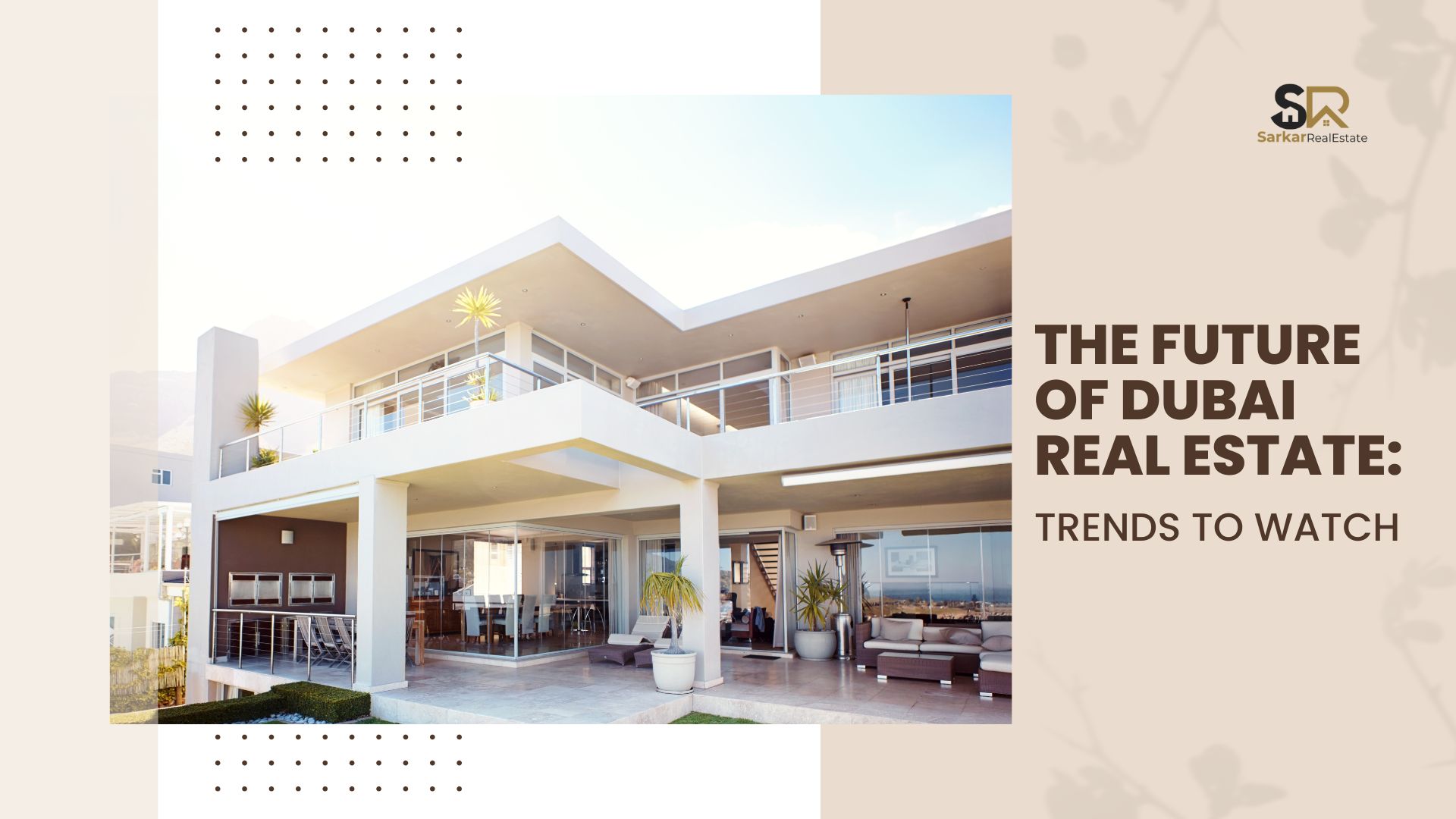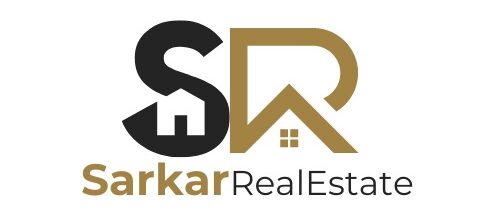The Future of Dubai Real Estate: Trends to Watch

The Future of Dubai Real Estate: Trends to Watch
Dubai has long been synonymous with opulence, innovation, and architectural marvels. The city’s real estate sector, in particular, has consistently attracted global investors and residents with its ambitious projects and dynamic market. As we look towards the future, several key trends are poised to shape the evolution of Dubai’s real estate landscape. Here’s a deep dive into what’s on the horizon.
1. Sustainable Development Takes Center Stage
Sustainability is no longer a niche consideration but a central theme in global real estate development. Dubai is no exception. The city’s leaders are increasingly prioritizing green building practices and eco-friendly developments. Initiatives such as the Dubai Clean Energy Strategy 2050 aim to make Dubai a global hub for clean energy and sustainable development. Expect to see more green buildings, energy-efficient technologies, and sustainable urban planning. Projects like The Sustainable City, which features zero-energy homes and extensive green spaces, set a benchmark for future developments.
2. Smart Cities and Technological Integration
Dubai’s ambition to become a leading smart city is driving the integration of advanced technologies in real estate. The rise of smart homes equipped with IoT (Internet of Things) devices, AI-driven property management systems, and advanced security features is transforming how people interact with their living spaces. Dubai’s commitment to becoming a tech-driven metropolis is evident in developments like the Dubai Silicon Oasis and the Dubai Internet City, which are already leveraging cutting-edge technology. As technology continues to evolve, expect even more sophisticated features and innovations in future real estate projects.
3. Resilience and Adaptability in Design
The recent global challenges have underscored the importance of resilience and adaptability in real estate design. Developers in Dubai are now focusing on creating properties that can withstand various environmental and economic pressures. This includes designing buildings with enhanced durability, flexible usage options, and multi-functional spaces. For example, some new developments are incorporating features that allow for easy conversion between residential, commercial, and mixed-use spaces, catering to the shifting needs of occupants and investors.
4. Luxury Redefined
Dubai has always been a hotspot for luxury real estate, but the definition of luxury is evolving. Beyond traditional markers of opulence like grandiose designs and high-end amenities, there is a growing emphasis on privacy, exclusivity, and personalized experiences. High-net-worth individuals are increasingly seeking bespoke residences that offer unique architectural features, private amenities, and tailored services. Developments such as the Palm Jumeirah’s elite villas and the upcoming super-luxury projects in areas like Downtown Dubai and the Dubai Creek Harbour reflect this shift towards a more refined and individualized notion of luxury.
5. Mixed-Use Developments Gain Popularity
The concept of mixed-use developments is gaining traction as urban planners and developers seek to create vibrant, self-contained communities. These developments blend residential, commercial, and recreational spaces into a single cohesive environment, reducing the need for long commutes and enhancing the quality of life. Projects like the Dubai Creek Harbour and the Dubai South are exemplary of this trend, offering a blend of residential units, office spaces, retail outlets, and leisure facilities within integrated communities. This trend is expected to continue as Dubai evolves into a more connected and multifunctional urban environment.
6. Affordable Luxury and Mid-Market Segments Expand
While Dubai is renowned for its high-end real estate, there is a noticeable shift towards catering to the mid-market and affordable luxury segments. Rising demand from a diverse population, including expatriates and young professionals, is driving developers to create more accessible options without compromising on quality. Projects that offer a blend of affordability and luxury, such as those in emerging districts like Dubai South and Al Barsha, are becoming increasingly popular. This trend reflects a broader move towards inclusivity in the real estate market, catering to a wider range of buyers and renters.
7. Increased Focus on Community and Lifestyle
The future of Dubai real estate is not just about buildings but about creating vibrant communities and lifestyles. Developers are placing greater emphasis on community-centric designs that foster social interaction and well-being. This includes the integration of parks, cultural amenities, and recreational facilities within residential areas. Developments like the Dubai Hills Estate and the Dubai Marina are excellent examples of projects that prioritize lifestyle and community, offering a range of amenities designed to enhance the living experience.
8. Enhanced Regulations and Transparency
As Dubai’s real estate market matures, there is a growing focus on enhancing regulatory frameworks and transparency. The introduction of new regulations and standards aims to protect investors and ensure ethical practices within the sector. Initiatives such as the Dubai Land Department’s efforts to digitize property transactions and improve transparency are steps in this direction. These measures are expected to build greater confidence among investors and contribute to a more stable and predictable real estate environment.
Conclusion
Dubai’s real estate market is on the cusp of transformative changes driven by sustainability, technology, and evolving lifestyle preferences. As the city continues to grow and innovate, these trends will play a crucial role in shaping its future. For investors, developers, and residents alike, staying informed about these trends will be key to navigating Dubai’s dynamic real estate landscape and seizing opportunities in this vibrant and ever-evolving market.

Leave a Reply